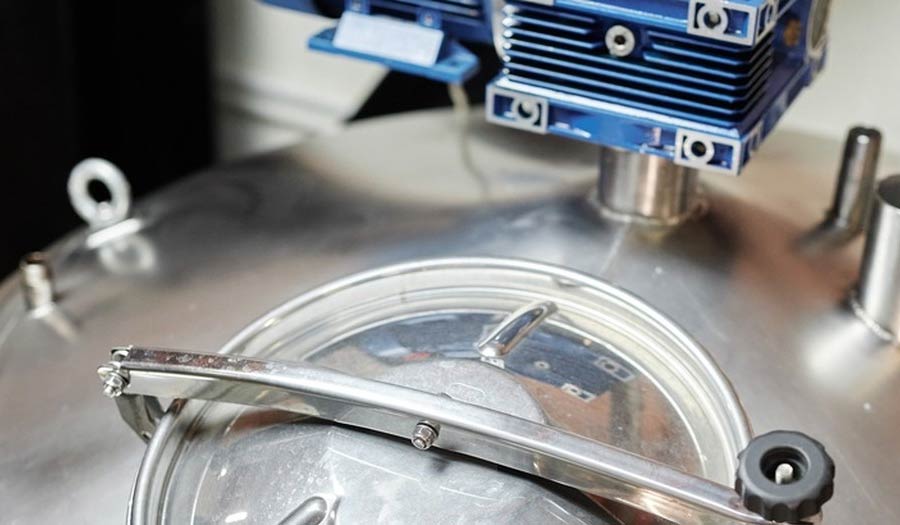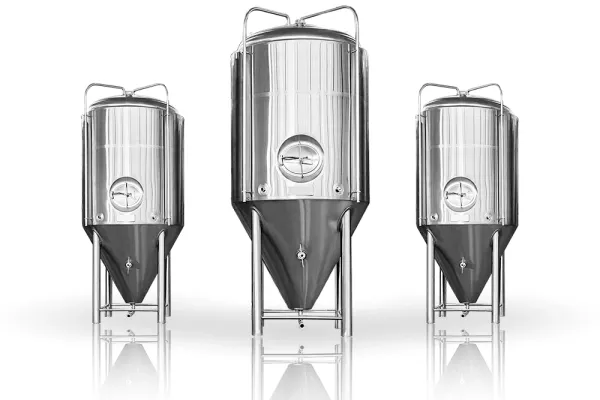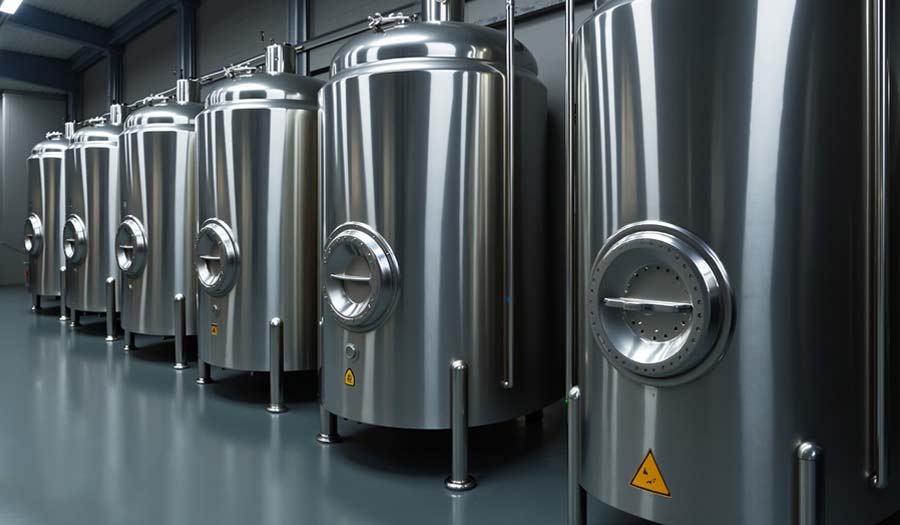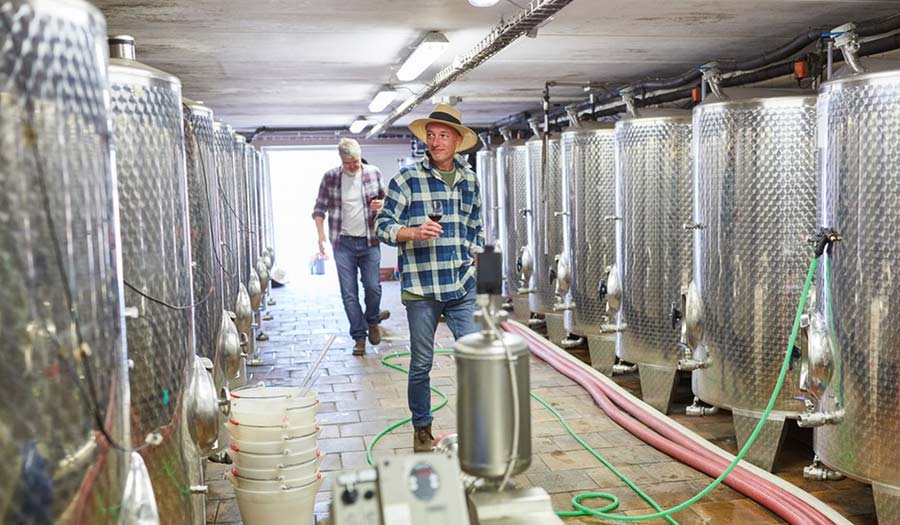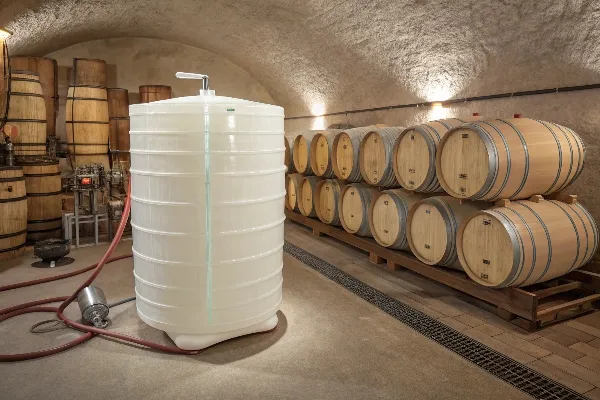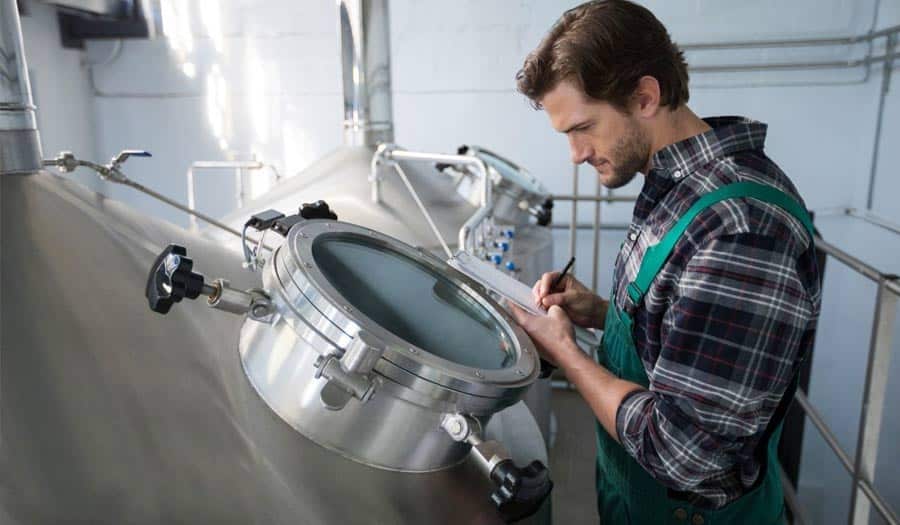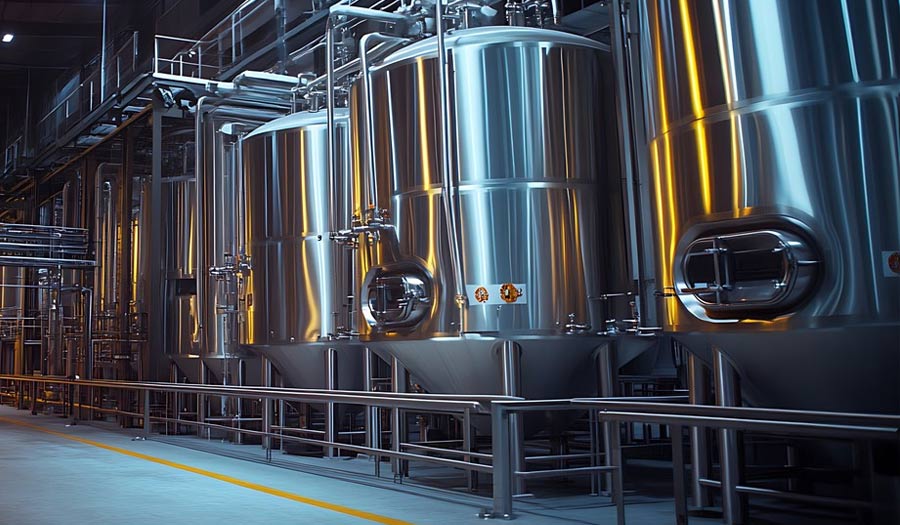In today’s rapidly developing food processing industry, the intelligent upgrading of production equipment has become an irreversible trend. In the past, the stirring process on food production lines relied heavily on manual labor or simple mechanical devices. However, with the widespread adoption of automation and digital technologies, stainless steel mixing tanks have evolved from traditional manual stirring devices into intelligent mixing systems that integrate sensing, control, monitoring, and optimization. The emergence of intelligent mixing systems has shifted food production from being “experience-driven” to “data-driven,” significantly improving product consistency, safety, and production efficiency. From Manual Stirring to Mechanized Mixing: The Starting Point of Food Equipment In the early days of food […]
Making beer is fun. You take grain, hops, water, and yeast. You make something good. But sometimes, it goes wrong. You work hard. You wait for weeks. Then you taste your beer. It tastes bad. This is a sad day for a brewer. Why does beer go bad? Often, the problem is the fermenter. A fermenter is the home for your beer. It is where the yeast does its work. It is where your beer is born. Using a plastic bucket or a glass carboy is common. But it is not the best way. It can add bad tastes to your beer. It can let in air. Air is the […]
In modern industrial production, storage tanks are indispensable pieces of equipment. From food, beverages, and dairy products to chemicals, pharmaceuticals, and energy industries, professional containers are required to ensure the quality and safety of raw materials, intermediates, and finished products. Among the commonly used tank materials on the market, the two main options are stainless steel storage tanks and carbon steel tanks. Many enterprises, when purchasing equipment, face the same question: Which option is more suitable? Features of Stainless Steel Storage Tanks Strong Corrosion Resistance: Stainless steel storage tanks can withstand the erosion of air, acids, alkalis, salts, and most chemical media, making them ideal for industries such as food, […]
The soul of beer lies in the fermentation process. Even if the malt, hops, yeast, and water are of excellent quality, if the fermentation stage gets out of control, the final flavor of the beer can be greatly compromised. The fermentation tank is the core piece of equipment that keeps everything under control. For a small craft brewery, the first set of fermentation equipment is not only the starting point of production but also the foundation for future brand positioning, capacity planning, and product style. A well-thought-out equipment plan can help the brewery avoid detours over the next 3–5 years, while a rushed or unbalanced investment decision could leave the […]
Flex tank vs stainless steel fermenter: Which tank is best for wine, cider, mead, or homebrew? Compare flex tanks to stainless for winemaking.
Keep your brew safe! Learn how to clean a stainless steel fermenter, remove residue, and sanitize for a clean fermenter.
With the continuous development of craft beer and modern brewing techniques, storage equipment—being the core infrastructure of a brewing facility—directly impacts production efficiency, product quality, and operational costs. Among the many storage solutions available, stainless steel tanks have become the top choice for breweries and other beverage and food processing enterprises due to their excellent hygiene performance, corrosion resistance, and mechanical strength. This article systematically analyzes, from a brewing process perspective, how to select stainless steel storage tanks that best suit your production workflow, helping enterprises achieve optimal equipment configuration while ensuring production safety and product quality. The Critical Role of Stainless Steel Tanks in the Brewing Process Stainless steel […]
Brewing high-quality beer at home or on a small scale is hard. Buckets and carboys make it tricky to get clear beer. They make yeast harvesting, trub separation, and closed transfers tough. These problems can ruin the taste and look of your beer
Fermenters are full, carbonation is inconsistent, and clear beer waits while cash flow stalls. Painful? A properly sized, jacketed, sanitary brite tank frees your fermentation tank, speeds maturation, and lifts yield—so every batch hits taps or cans on time.
In any brewery, if the mashing system is considered the “heart,” then the fermentation system is undoubtedly the “soul.” At the center of this system lies the most critical piece of equipment—the brewery fermentation tank. From the early stages of brewery planning, it becomes clear that fermentation tanks are far more than just simple vessels. They play a crucial role in defining beer flavor, ensuring quality consistency, and enabling production flexibility. This guide, from the perspective of brewery clients and drawing on real-world experience from collaborations between Micet Group and brewery equipment manufacturers, explores the role of fermentation tanks within the brewing system, including selection criteria, installation layout, operational maintenance, […]




